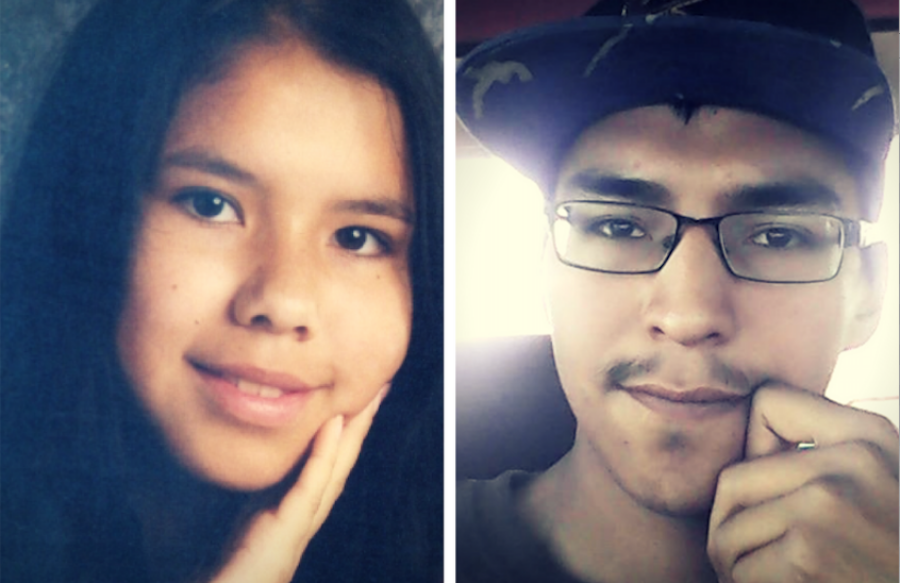Reconciliation is an active journey that Canadian society must undertake. On February 9, 2018, Gerald Stanley was found not guilty in the murder of 22-year-old Colten Boushie. Less than two weeks later on February 22, 2018, Raymond Cormier was found not guilty in the death of 15-year-old Tina Fontaine. These verdicts are evidence that Canada has yet to truly begin the process of reconciliation and claim responsibility for continuing to serve injustice to Indigenous peoples.
Philosopher and psychiatrist Frantz Fanon unapologetically dove into colonial discourse and the psychopathology of decolonization. In his 1952 book Black Skin, White Masks, Fanon introduced the notion of cognitive dissonance to his readers, therefore naming the very act in which the colonizing society partakes:
“Sometimes people hold a core belief that is very strong. When they are presented with evidence that works against that belief, the new evidence cannot be accepted. It would create a feeling that is extremely uncomfortable, called cognitive dissonance. And because it is so important to protect the core belief, they will rationalize, ignore, and even deny anything that doesn’t fit in with the core belief.”
Canada believes it has been working toward reconciliation with the Truth and Reconciliation Commission’s calls to action and Prime Minister Justin Trudeau’s recent visit to a reserve in northern Ontario, but the Stanley and Cormier verdicts prove otherwise. Canada now has a responsibility to look Indigenous peoples in the eye and acknowledge the structural racism within its legal system – no matter how uncomfortable that may be.
When confronted with this cognitive dissonance, Canada must consider the fear and grief of Indigenous peoples, of our young people like Colten Boushie and Tina Fontaine, of their families and the loved ones of missing and murdered Indigenous women, girls and two-spirited people. The verdicts should not continue conversations that allow white fragility. Non-Indigenous individuals need to be held accountable for their actions. Indigenous peoples can no longer attempt to right wrongs alone.
For many Indigenous peoples – especially young adults – the moments we heard the verdicts are ones that will stand out for years to come. Tears filled my eyes when I read the injustice for Colten Boushie. I also cried for Tina Fontaine. As a young woman of Ukrainian and Oji-Cree heritage, the same age as Colten when he was killed, these decisions highlighted how Canada discounts Indigenous lives, the systemic racism toward our people and the privilege awarded to Stanley and Cormier because of the colour of their skin.
We are angry and we are rising up to voice once again the unacceptable violence experienced by Colten Boushie, Tina Fontaine and so many others. We are naming the issues at hand – racism, injustice and privilege. Indigenous peoples and our allies are calling for politicians to take charge and address the systemic problems in Canadian society. It’s time Canada accepts what we are naming and uplift Indigenous peoples. This is the only way we can decolonize and work toward reconciliation.















